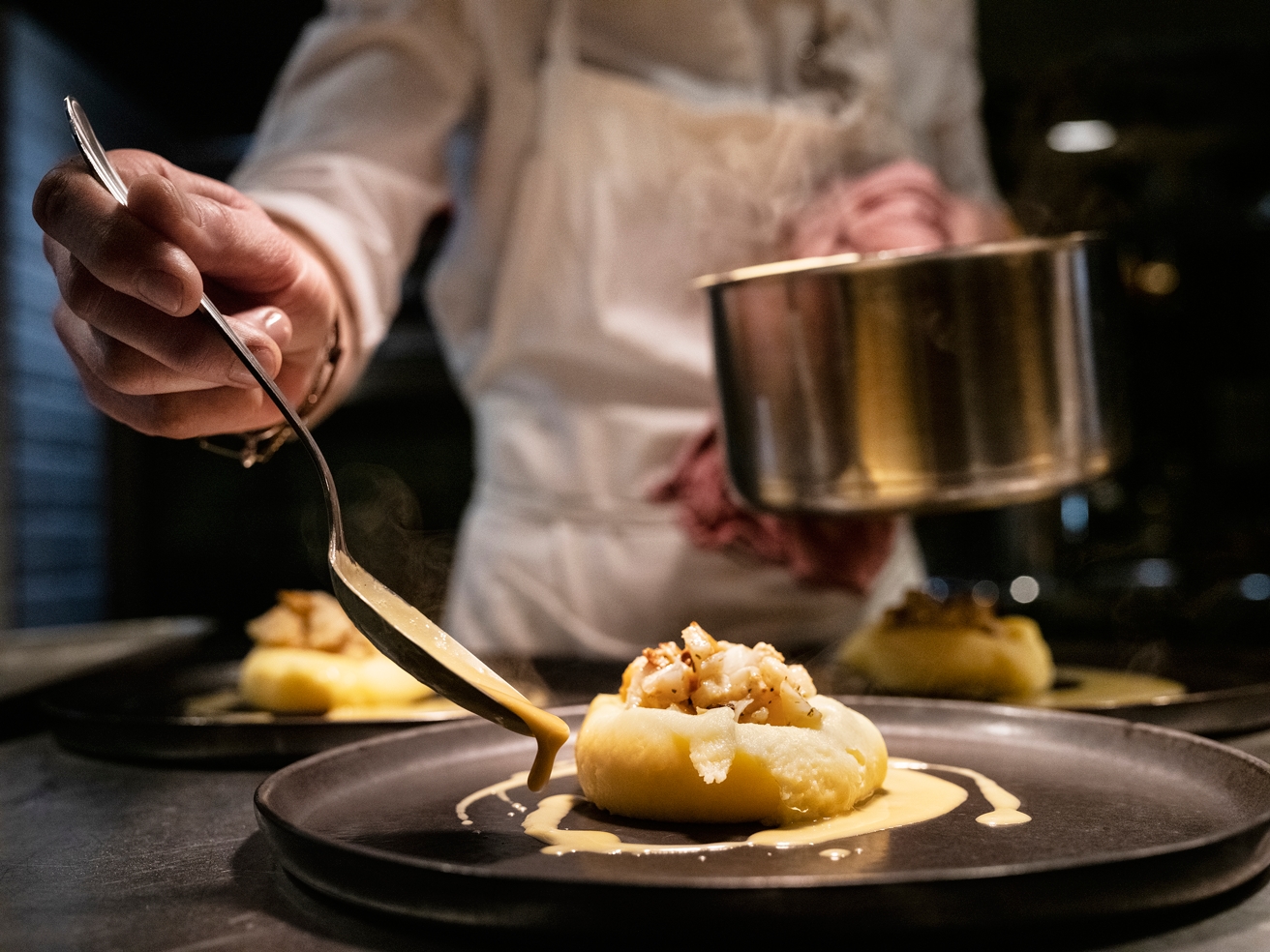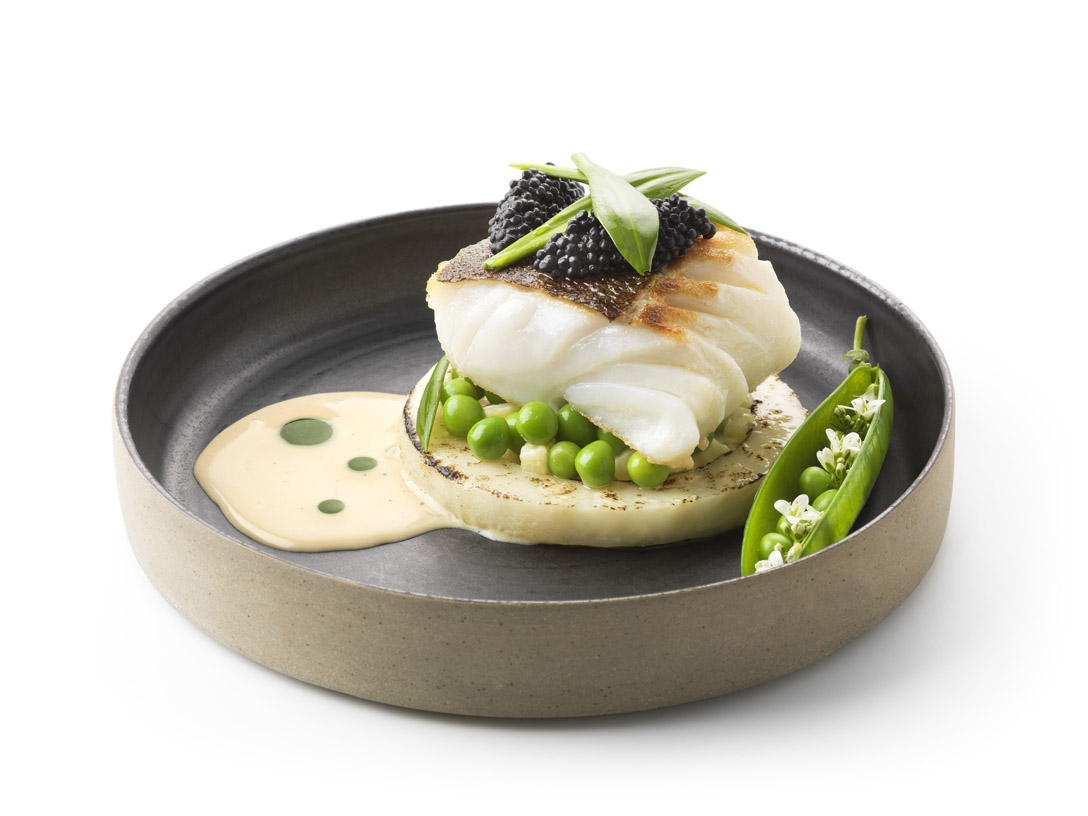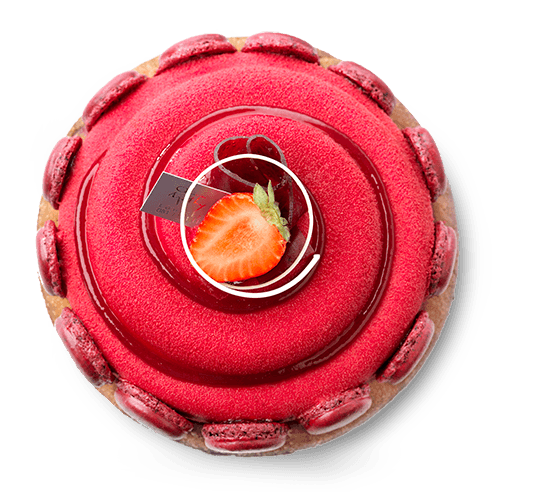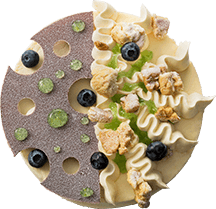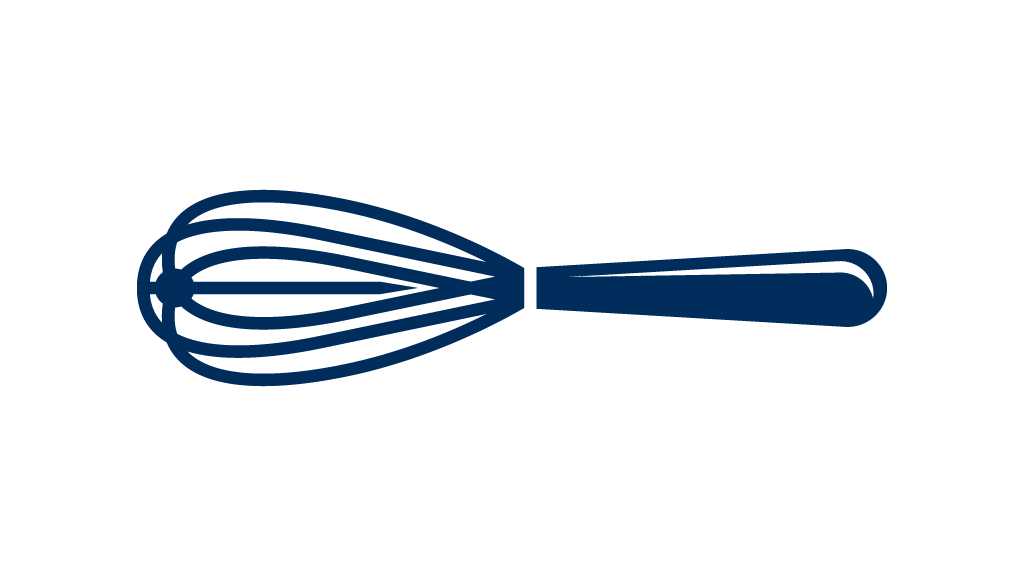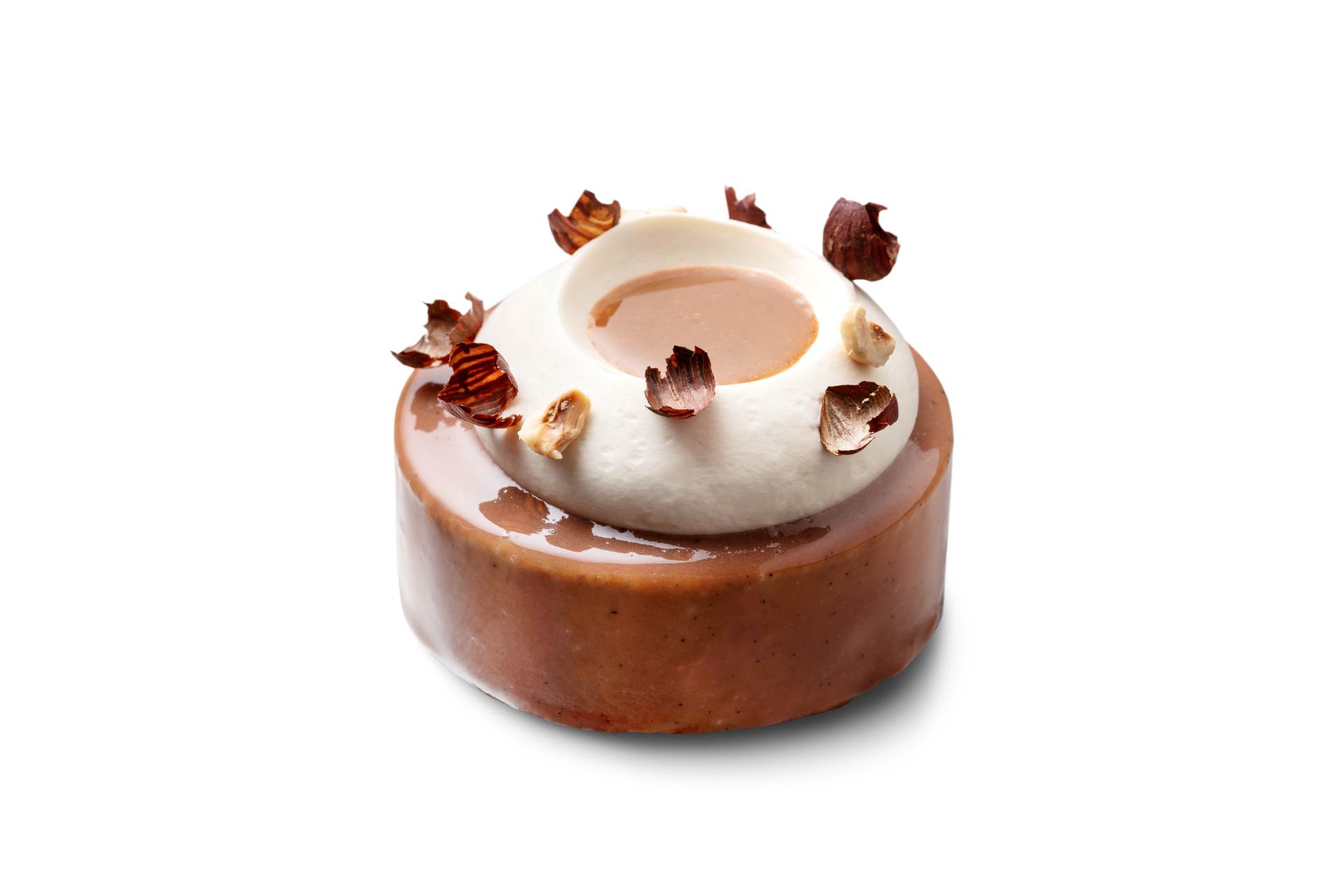STORY
Profit or creativity?
Karen Keygnaert had been cooking to starred standards in Flanders, Belgium for years. But she had grown to dislike preparing and serving extensive gourmet menus. So at Cantine Copine in Bruges, she opts for a concept on a smaller scale: fourteen tables, five days a week, an open kitchen and a way for her to be close to her guests. "I find it much more charming."
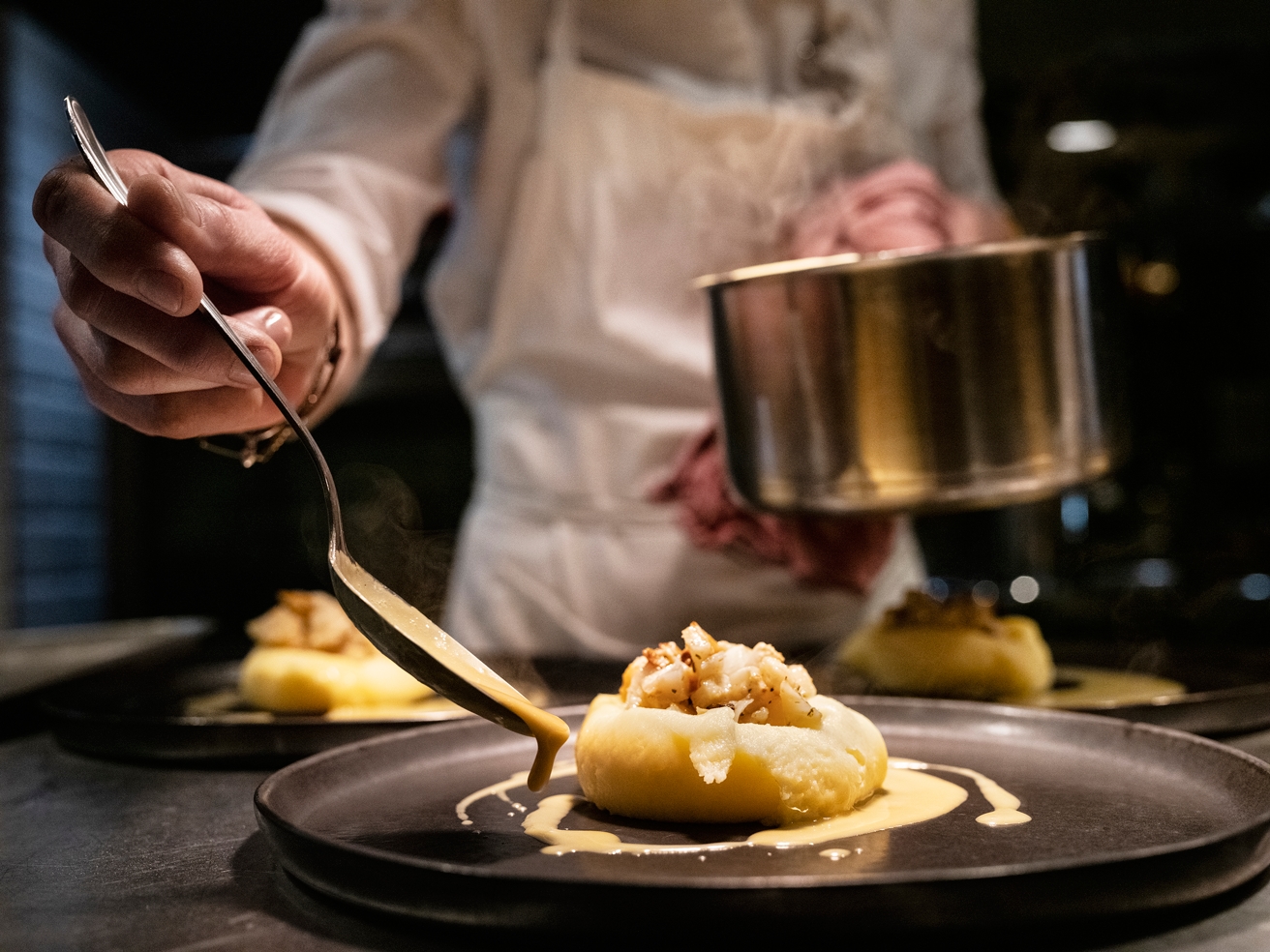
Classically trained
Karen Keygnaert underwent classical training with Arnold Hanbuckers in the starred gourmet restaurant De Herborist in Bruges. In 2009, together with her mentor and again in Bruges, she opened A'Qi, which she continued alone for almost four years after Handbuckers retired. The restaurant was a great success: the tables were always full and, along with Hanbuckers, Karen won a Michelin star - the only woman in Flanders to do so.
However, while on holiday with her partner on Fuerteventura, she suddenly realized that she really, truly didn't want to return to A'Qi. "I was hidden in my kitchen. In my current kitchen, I am far closer to the people I cook for. I can have a chat with everyone. For me, this concept is far more charming than an ordinary restaurant."
Doubt about the future of gastronomy
What's more, Karen has her doubts about the continued existence of gourmet cuisine. "People don't want to spend hours at the table with all that fuss going on around them any longer. What's more, they want a choice and not just to be served a fixed menu. The price plays a role, too. It's very difficult to make cooking at starred level profitable. Just look at all the things that have to be on the plate, the luxury products and the labor-intensive preparations."
Karen is happy with her permanent team: hostess Paivi, chef Ruben, and trainee chef Oannes. "We offer delicious food, a fun space, and a good atmosphere. No nonsense about cooking. When people ask, we can all explain very well what's on the plate. But we don't push it. So people can come and have a quick bite to eat here, as well, during their lunch break for instance. Because sometimes business people are in and out within an hour."
"It's very difficult to make cooking at starred level profitable."CANTINE COPINE, BRUGES, BELGIUM
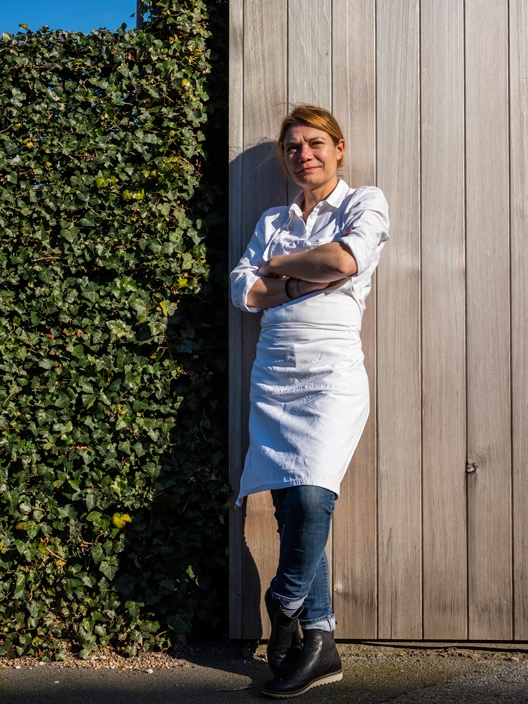
Being original
Karen draws inspiration for her creativity from all over the place. Before she became a chef, she studied architecture. "That obviously has an influence on my style of cooking," she stresses. "I'm not only a chef. Everything you do in your free time, outside the kitchen, shapes your personality and therefore your cooking style. If something touches me, I want to be able to apply it in one way or another. But within the limits of my own style. The trend of freezing products using nitrogen for instance: that doesn't suit me, so I'll never use it."
Does she still manage to be original? "What is original? Everything has already been invented or done before. I've been cooking for 25 years and no longer need to make any drastic changes to my style. But when new staff put forward ideas or techniques or when I discover certain ingredients on Instagram, then I'm definitely open to them. The same goes for equipment. I'm super happy with my warming drawer that helps me serve my dishes perfectly."
An ideal menu
Karen has recently been mentioned on the menu that people can't come and eat just one starter. "My ideal menu was a menu that did not specifically distinguish between starters and main courses. You could order a small or large portion of every dish. I thought that perhaps people would have three small portions. But virtually no one did that; it proved very confusing. My accountant advised me to go back to starters and main courses. I can't live from people who occupy a table for a whole Saturday evening with a starter and a bottle of water. I'm not inflexible about things: if something doesn't work, we change it back."
